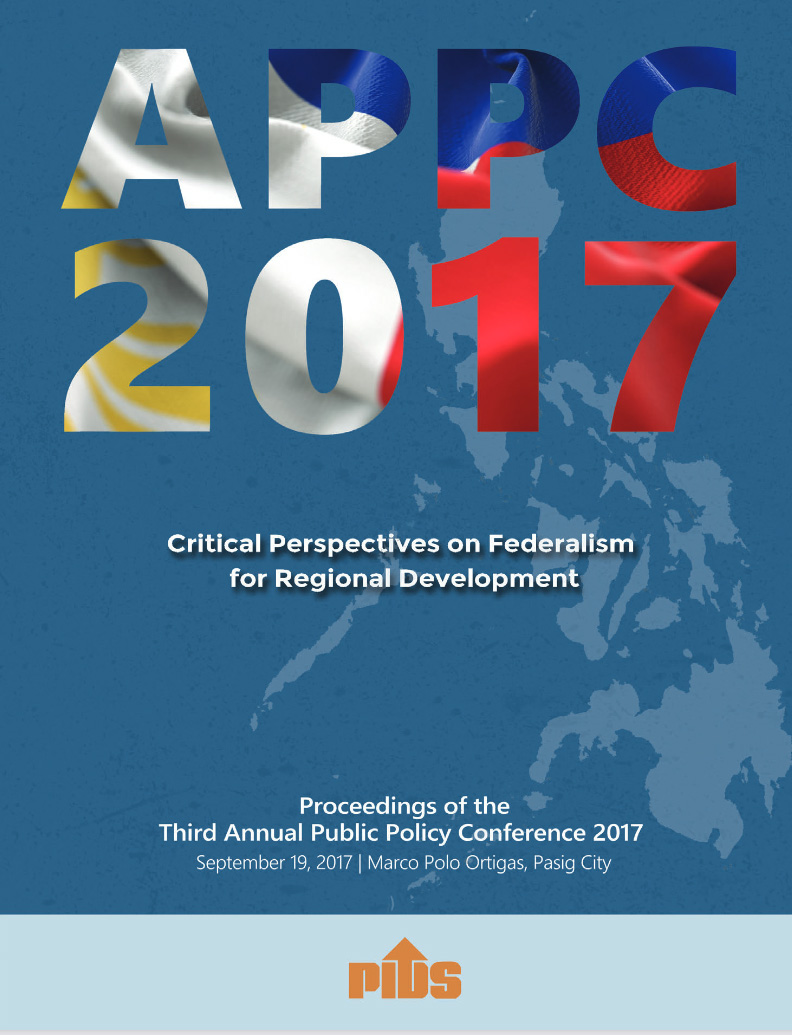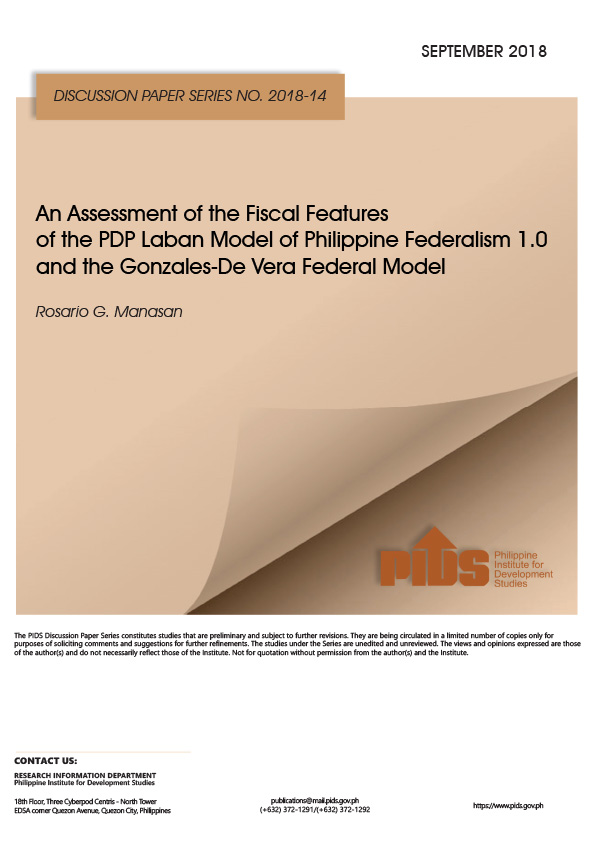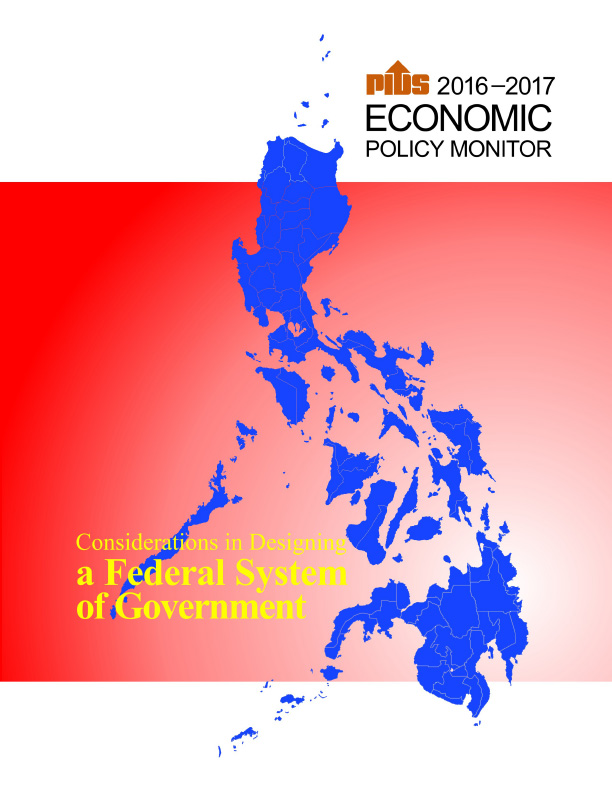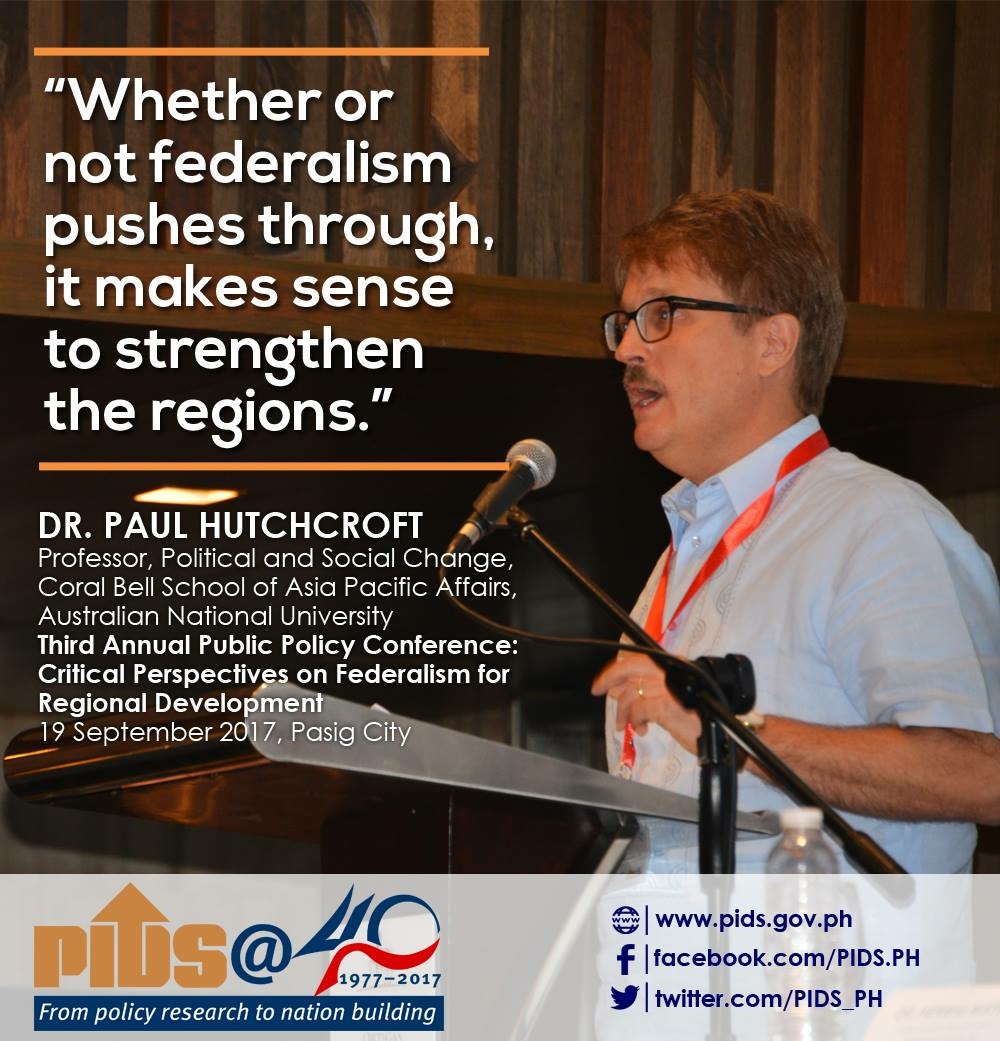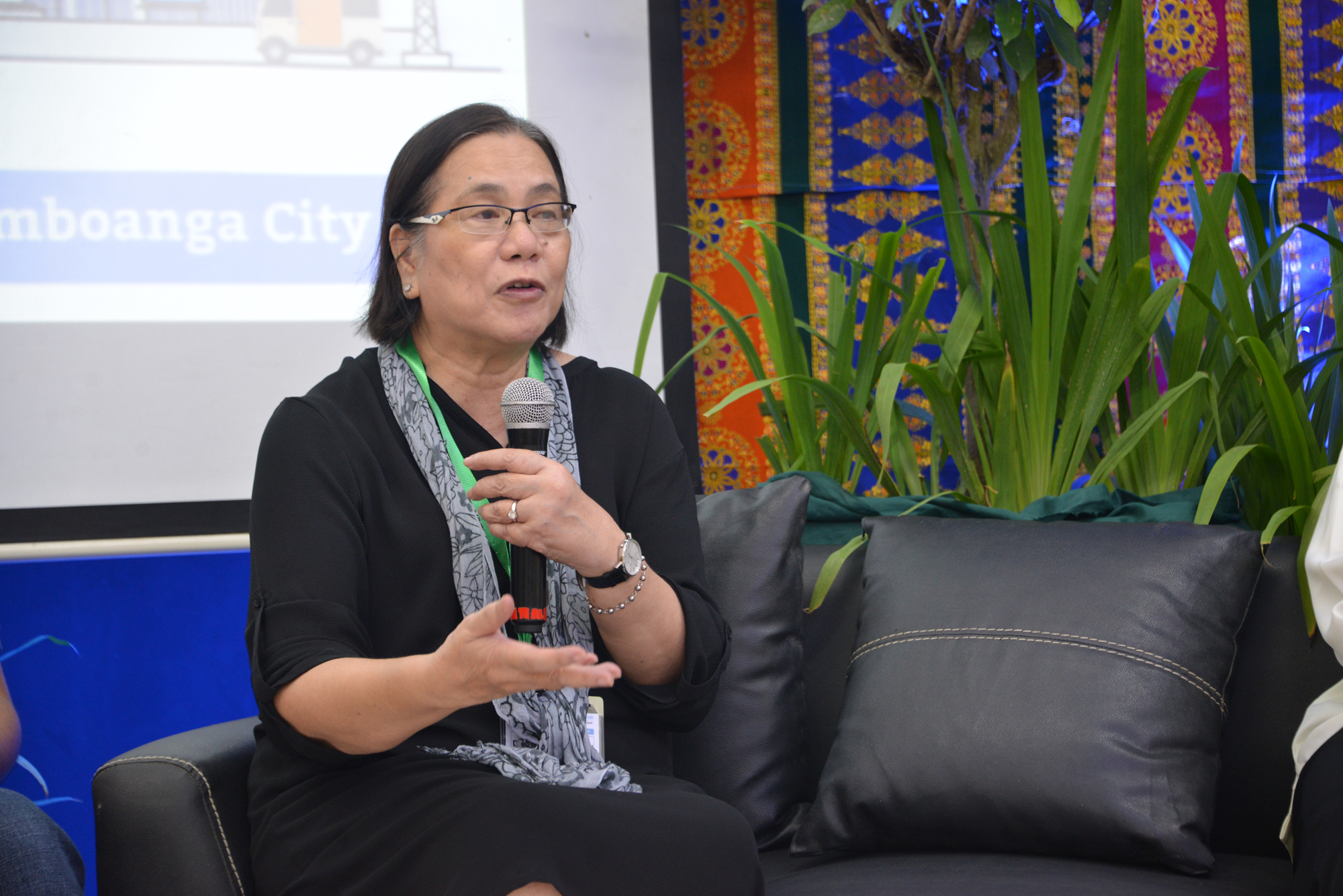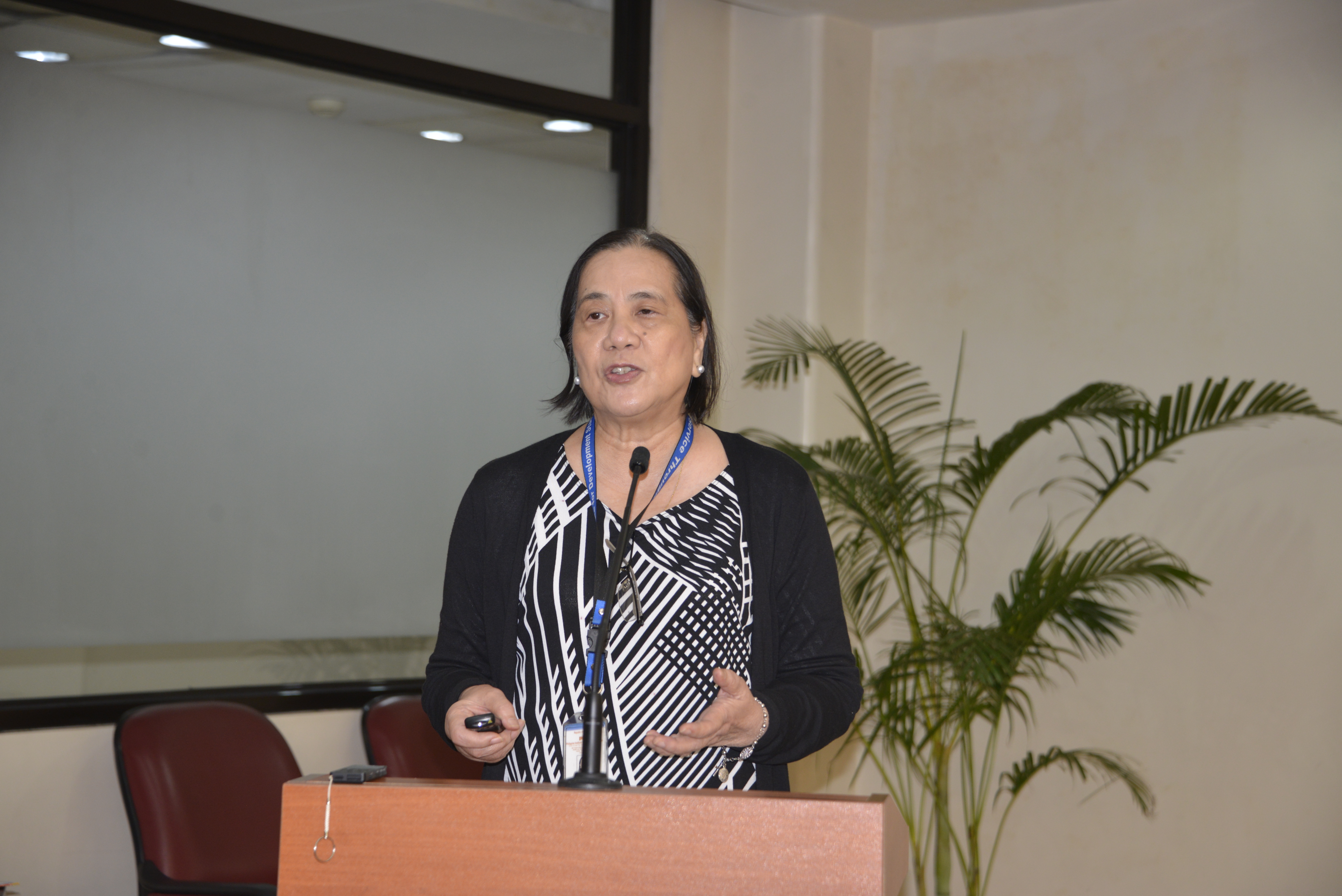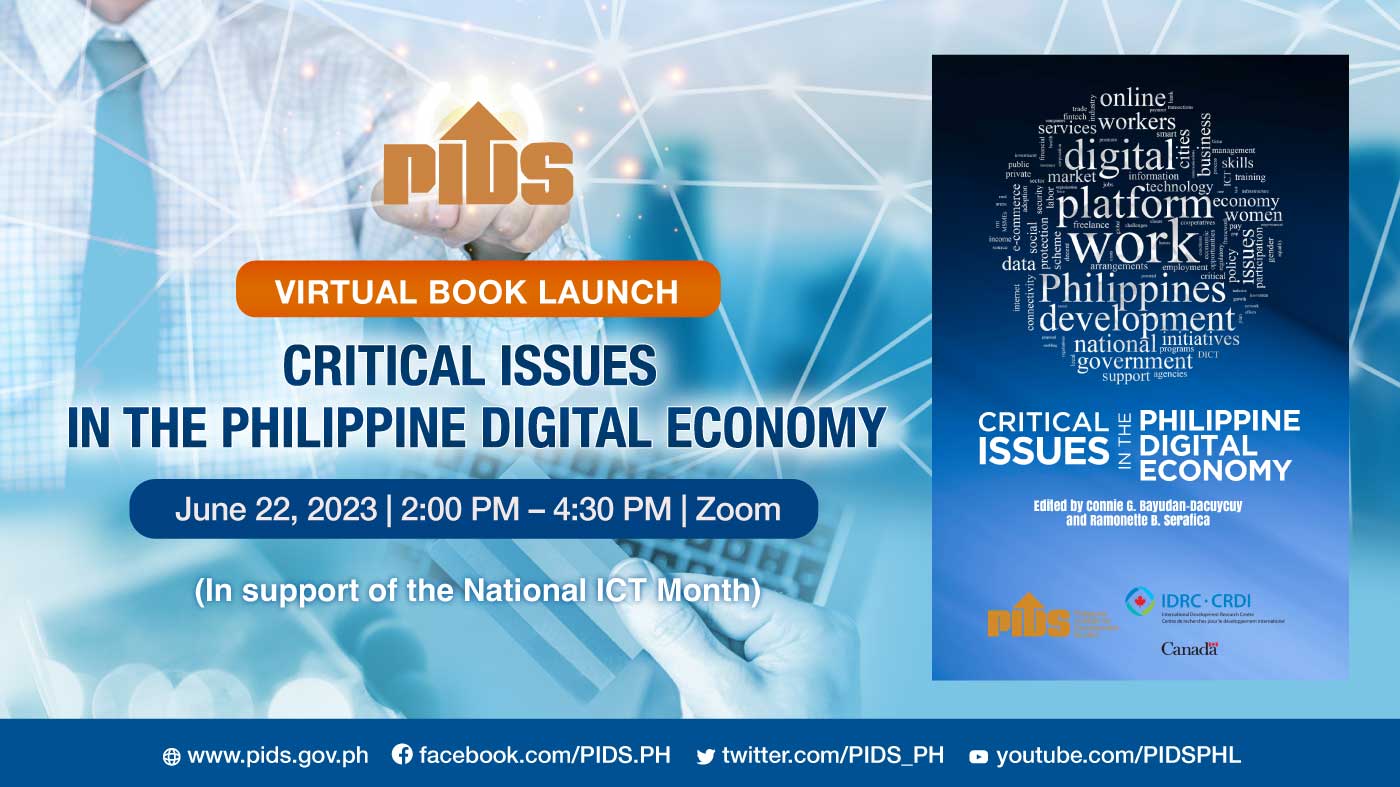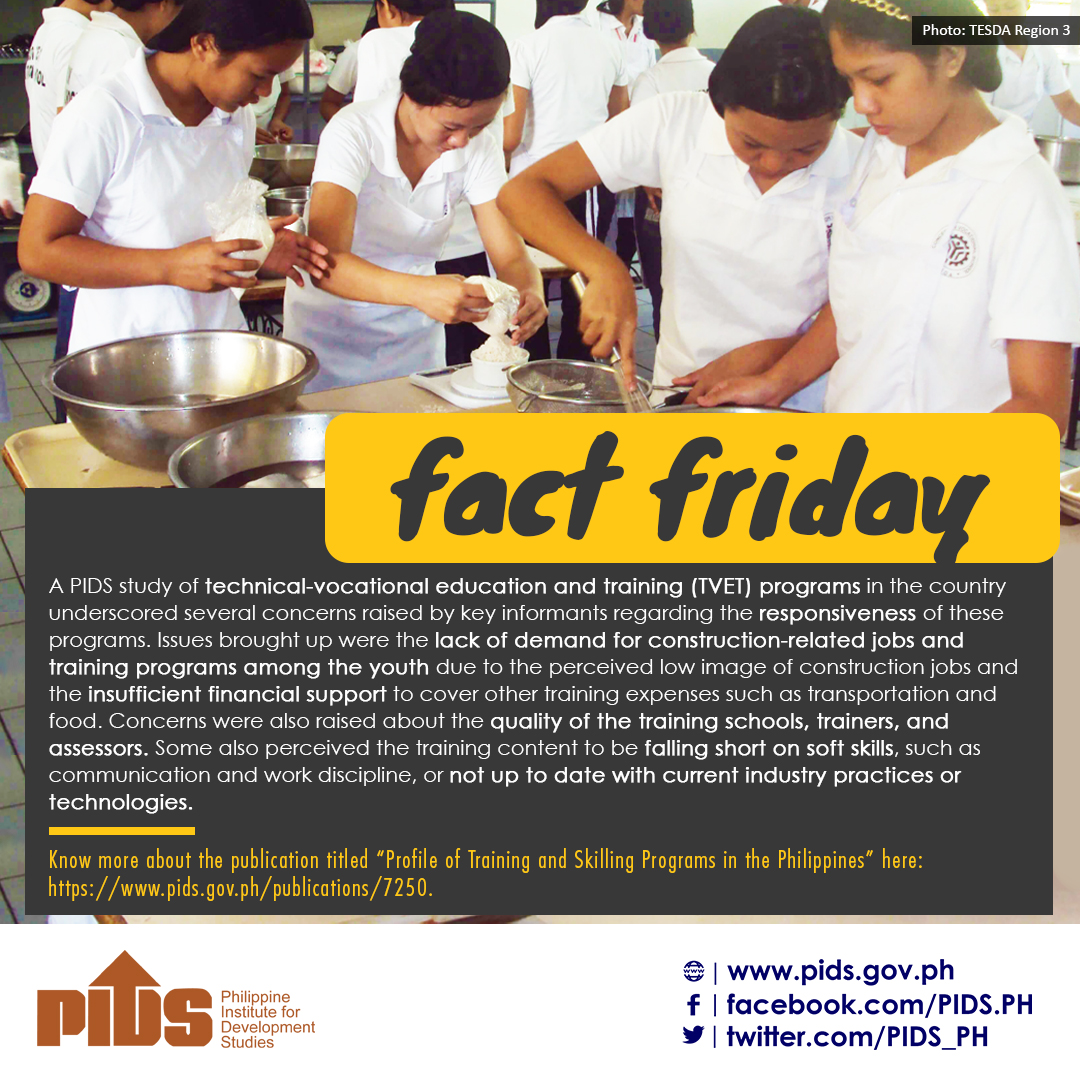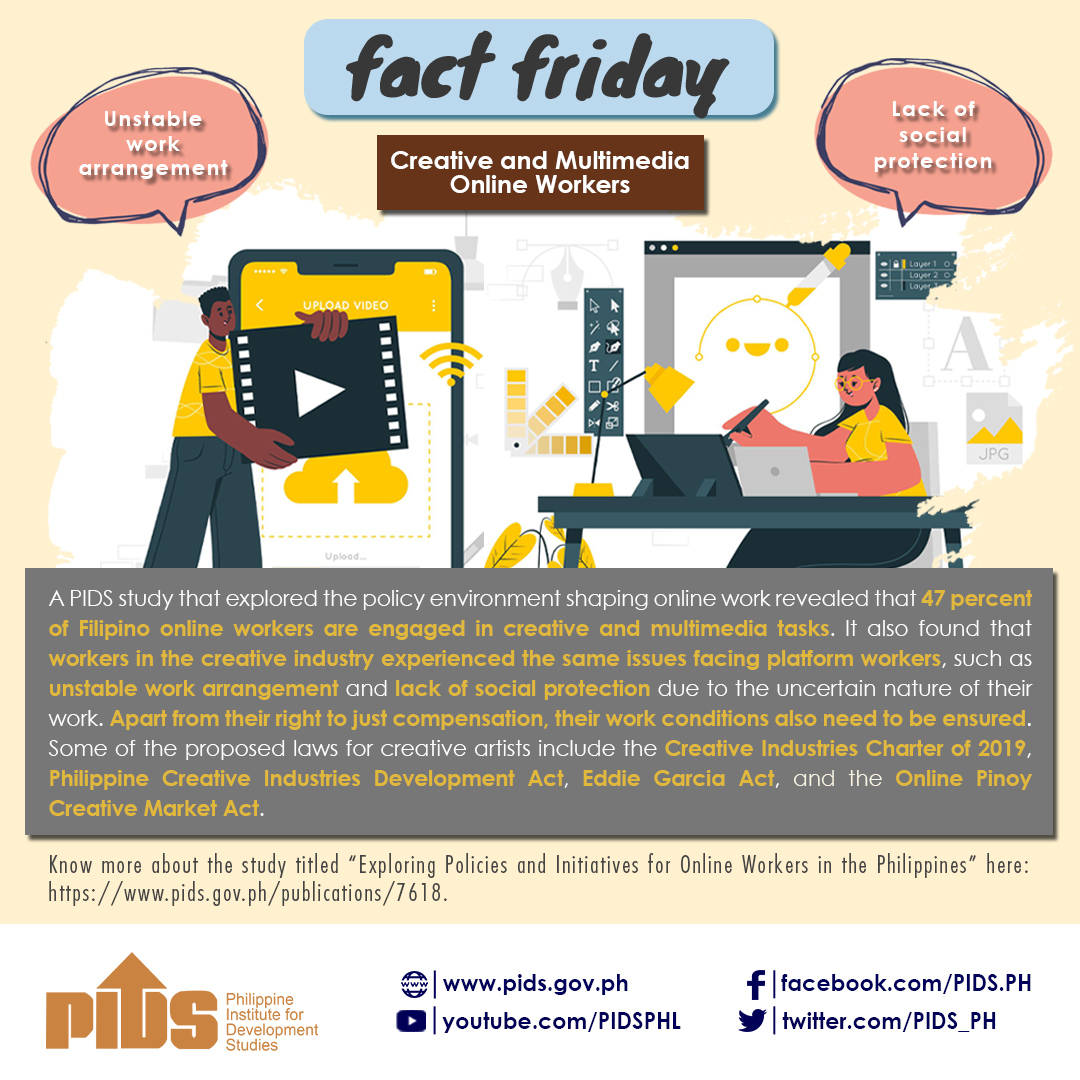
State think tank Philippine Institute for Development Studies (PIDS) hosted the assessment and coordination meeting of the Federalism Initiative Project last January 16 at its office in Centris, Quezon City. The meeting was attended by experts in the fields of political science, governance, economics, and finance from government, academe, and international organizations.
PIDS President Gilberto Llanto, in his opening statement, emphasized the importance of carefully studying the proposals to shift from the current government structure to a new one. He noted that the studies and discussions from this group could serve as valuable inputs in the current political discourse on federalism.
Prof. Ed Tayao of the Local Government Development Foundation (LOGODEF) presented the political and governmental framework of the Philippine model of federalism that the study groups of the Federalism Institute are currently working on. He noted that there are still plenty of gaps requiring in-depth study on federalism that need to be addressed.
Dr. Romulo M. Miral, director-general of the Congressional Planning and Budget Research Department of the House of Representatives, also presented his PIDS-commissioned study on federalism. Miral's paper looks at how the government has responded to issues and challenges in the field of governance and how successful these policy responses were, notably in terms of decentralization reforms. It also looks at what federalism has to offer and whether a shift from a unitary to a federal form of government for the Philippines is warranted.
Meanwhile, PIDS Senior Research Fellow Rosario Manasan discussed the considerations in the design of the fiscal features of a federal form of government. She also talked about the distinction between a multi-tiered unitary and a federal form of government, particularly on the sharing of powers among the various branches of government.
Manasan also pointed out that shifting to a federal form of government has potential benefits such as increased efficiency and welfare. According to Manasan, when a geographic area where benefits of public service are confined coincides with jurisdictional boundaries of level of government operating and financing, public service also improves. She further argued that when lower level governments have some degree of revenue autonomy, local accountability is also enhanced.
Other issues on the ongoing draft of the Philippine model of federalism were also discussed during the meeting. These include issues on the dual executive (i.e., the president and the prime minister are both responsible for the executive functions), powers of the Senate and the National Assembly, intergovernmental relations, and national and regional elections.

PIDS President Gilberto Llanto, in his opening statement, emphasized the importance of carefully studying the proposals to shift from the current government structure to a new one. He noted that the studies and discussions from this group could serve as valuable inputs in the current political discourse on federalism.
Prof. Ed Tayao of the Local Government Development Foundation (LOGODEF) presented the political and governmental framework of the Philippine model of federalism that the study groups of the Federalism Institute are currently working on. He noted that there are still plenty of gaps requiring in-depth study on federalism that need to be addressed.
Dr. Romulo M. Miral, director-general of the Congressional Planning and Budget Research Department of the House of Representatives, also presented his PIDS-commissioned study on federalism. Miral's paper looks at how the government has responded to issues and challenges in the field of governance and how successful these policy responses were, notably in terms of decentralization reforms. It also looks at what federalism has to offer and whether a shift from a unitary to a federal form of government for the Philippines is warranted.
Meanwhile, PIDS Senior Research Fellow Rosario Manasan discussed the considerations in the design of the fiscal features of a federal form of government. She also talked about the distinction between a multi-tiered unitary and a federal form of government, particularly on the sharing of powers among the various branches of government.
Manasan also pointed out that shifting to a federal form of government has potential benefits such as increased efficiency and welfare. According to Manasan, when a geographic area where benefits of public service are confined coincides with jurisdictional boundaries of level of government operating and financing, public service also improves. She further argued that when lower level governments have some degree of revenue autonomy, local accountability is also enhanced.
Other issues on the ongoing draft of the Philippine model of federalism were also discussed during the meeting. These include issues on the dual executive (i.e., the president and the prime minister are both responsible for the executive functions), powers of the Senate and the National Assembly, intergovernmental relations, and national and regional elections.


